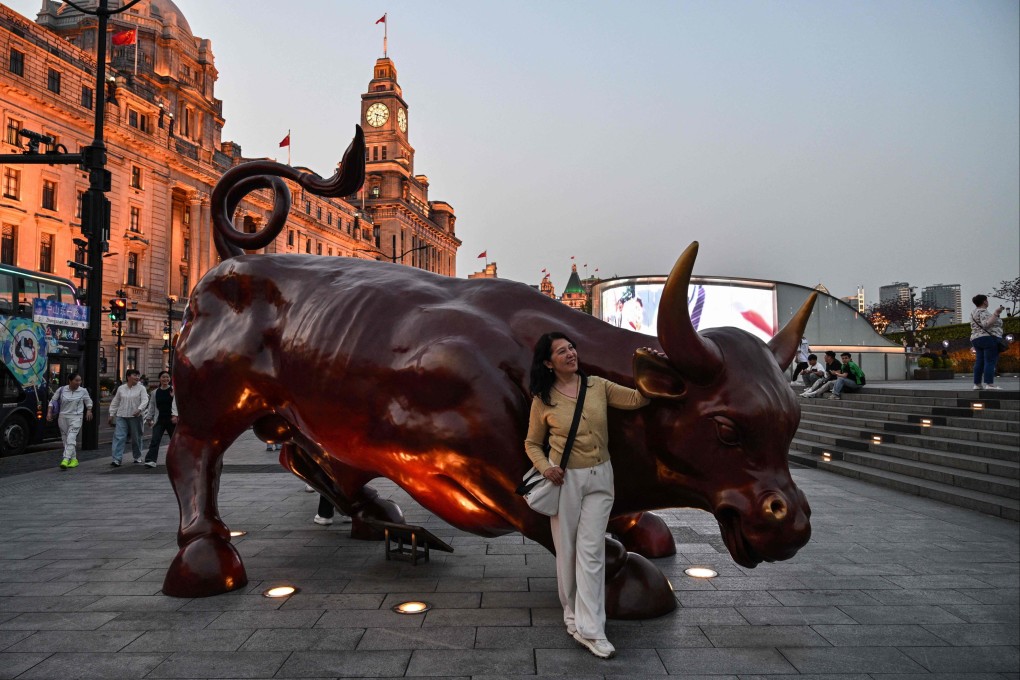Advertisement
Opinion | 3 steps China should take in response to Trump’s latest trade war
As China is clearly Trump’s target, its response must go past tariffs to include fiscal stimulus, domestic rebalancing and broad engagement
Reading Time:3 minutes
Why you can trust SCMP
1

US President Donald Trump’s “Liberation Day” announcement of sweeping new tariffs on imports from more than 180 countries will be remembered as a man-made economic tsunami. Many are already comparing it to president Herbert Hoover’s 1930 Smoot-Hawley Tariff Act, which slashed global trade by 66 per cent in five years and deepened the Great Depression. Trump’s tariffs – most of which have been abruptly paused for 90 days – have rattled financial markets, prompting analysts to warn that the United States could enter a recession in 2025.
The global implications can hardly be underestimated. As the world’s largest economy, the US has an outsize impact on other countries’ exports and growth. Adding to the uncertainty is Trump’s erratic approach to policymaking, which is nurturing doubts about the US dollar’s viability as a global reserve currency.
Even more alarmingly, as the US withdraws from its international commitments, the world risks falling into the “Kindleberger trap” – a scenario reminiscent of the 1930s, when no major power was able or willing to provide the global public goods necessary to sustain the world economy. If current trends persist, the international economic architecture the US helped build 80 years ago could unravel.
Advertisement
How should other economies respond to Trump’s tariffs? China and Canada announced retaliatory measures, while others have signalled a willingness to negotiate. For many, the US is not just a major export market but also a critical security partner and geopolitical ally.
Given its status as the world’s second-largest economy and the largest trading country, China’s response is especially consequential. While Trump has imposed new tariffs on nearly every country, China is clearly his primary target. During his first term, he launched an investigation into China’s trade practices and imposed sweeping tariffs on a broad range of Chinese goods – many of which were later retained by Joe Biden’s administration.
Advertisement
The same tit-for-tat dynamic that characterised Trump’s first trade war is playing out again.
Advertisement
Select Voice
Select Speed
1.00x
